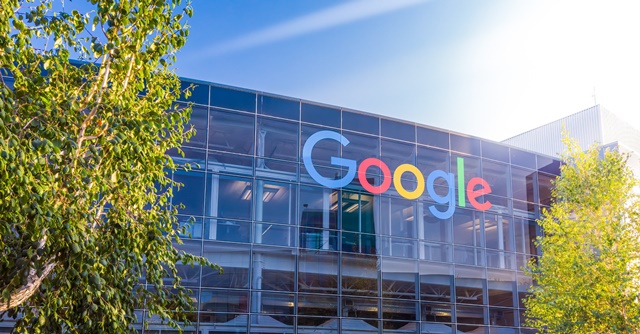
Explained: Why did Google pause Gemini’s image generation feature


On Thursday, Google decided to halt its artificial intelligence model Gemini’s image generation capabilities on the account of inaccuracy and bias. In the last couple of days, the tech giant has been accused of alleged misrepresentation, such as failure to show white people, in the favour of more diverse depiction and pushing a ‘pro-diversity bias’ on to its users.
“Gemini’s AI image generation does generate a wide range of people. And that’s generally a good thing because people around the world use it. But it’s missing the mark here,” said Google, in its communique through the social media platform X. “We’re already working to address recent issues with Gemini’s image generation feature,” the tech giant added. “While we do this, we’re going to pause the image generation of people and will re-release an improved version soon.”
This issue came to light and gained much prominence when X users started posting Gemini image generation results. For instance, an X account which goes by the handle name ‘End Wokeness’ posted a few Gemini-generated results for ‘Pope’, ‘America’s founding father’, and ‘Viking’. For all the three prompts, the AI-tool generated images of non-white people. The post was ‘liked’ by more than 30,000 people at the time of writing of this article. TechCircle hasn’t been able to independently verify the authenticity of these images.

Before Google announced a pause on this feature, TechCircle attempted to prompt the AI tool (free version) to generate several images. While Gemini successfully produced images for prompts involving animals or inanimate objects, it consistently declined to generate output featuring humans when ethnicity or cultural inputs were specified.
Google and other tech companies have struggled for long regarding bias and ethics in AI. Gaffes (instances of discrimination, skewed hiring practices, and underrepresentation) in the past perpetuated due to lack of ethical standards has made governments, civil society members, and public to demand for higher scrutiny, especially as the tools keep getting better by the day.
